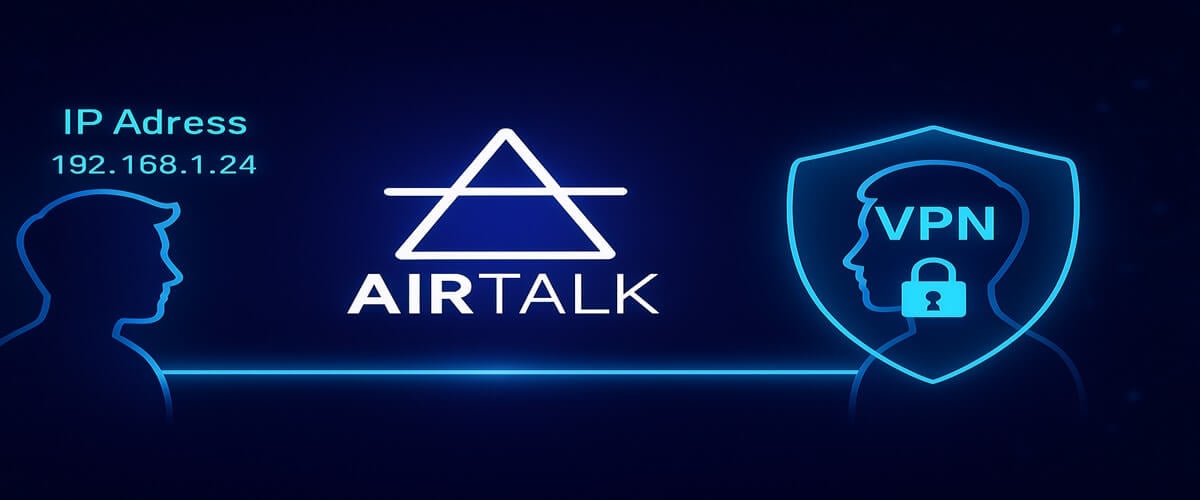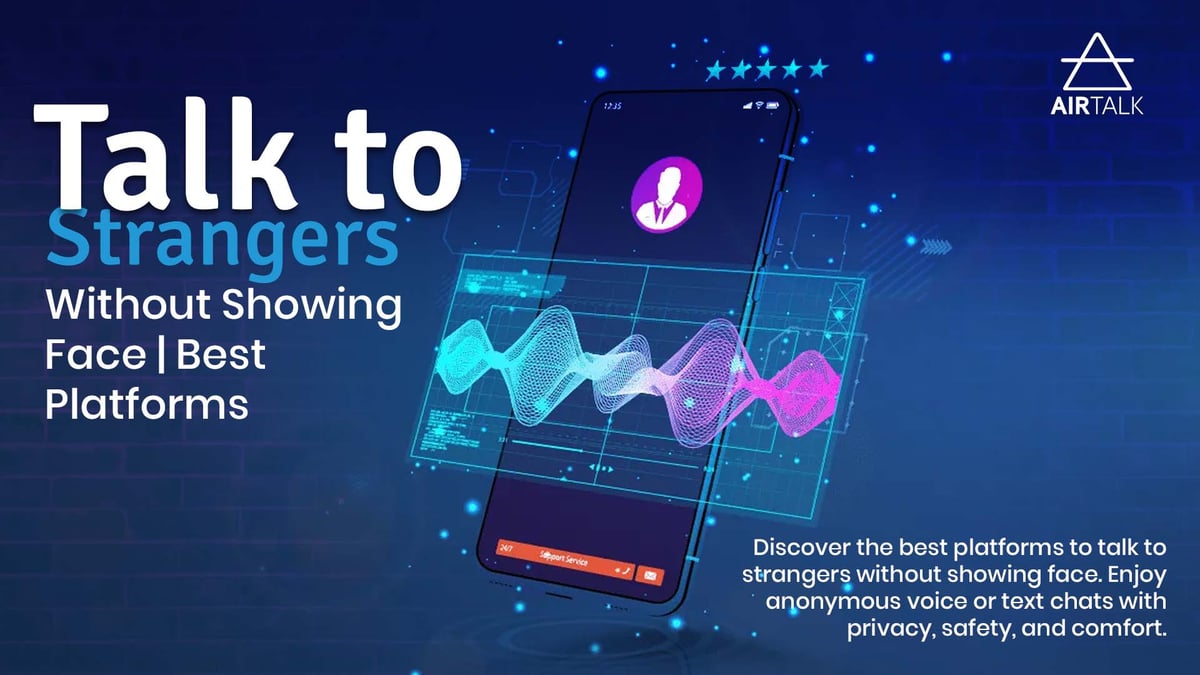Peer-to-Peer Connections – What You Really Need to Know!
If you've ever used a website where you talk directly with another person — through voice, video, or file sharing — chances are it used peer-to-peer (P2P) technology. It’s fast, efficient, and modern… but there’s one important detail you should be aware of.
Let’s break it down.
🔄 What is Peer-to-Peer?
Peer-to-peer means that your device connects directly to the other person’s device, without going through a central server. This allows for better performance — especially in real-time voice calls — since the connection is as direct as it gets.
But there’s a catch…
🔍 Your IP Address Is Shared
Because your device connects directly to the other person’s, your IP address becomes visible to them. That’s how the connection works.
Now, what can someone do with your IP address?
- Find out your general location (usually city-level)
- See which internet provider you use
- In some cases, estimate your time zone or network type
- And for more tech-savvy users, they might use it for fingerprinting or tracking
Most users won't even notice this. But if you happen to connect with someone who's a bit more "curious" than average, you might not want your real IP visible.
🛡️ How to Hide Your IP (and Stay Anonymous)
If you value your privacy — or just want peace of mind — the solution is simple: Use a VPN.
A VPN (Virtual Private Network) hides your real IP address and replaces it with a different one, often from a country of your choice. So even in a peer-to-peer connection, your identity and location stay protected.
✅ Trusted VPNs We Recommend:
These VPNs work great with peer-to-peer apps and are fast enough for voice and video calls.
- 🌍 NordVPN – super fast, easy to use, and great for beginners (affiliate link)
- 🔐 Surfshark – blazing speeds, perfect for real-time communication (affiliate link)
🧠 Final Thoughts
Peer-to-peer technology is awesome — it powers faster, more direct connections without relying on a middleman. But it's also important to understand the small privacy trade-off it brings.
Don’t let it scare you — just be informed. And if you’d rather not share your IP with anyone you chat with, using a VPN is the easiest and most reliable way to stay private.
Stay safe. Stay anonymous. And enjoy your P2P experience!
Want to be invisible online? Try one of the VPNs above — it only takes a minute to set up.



